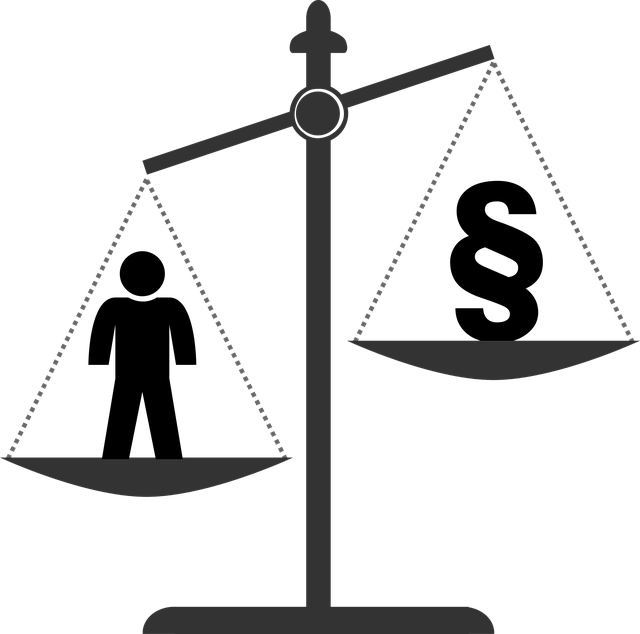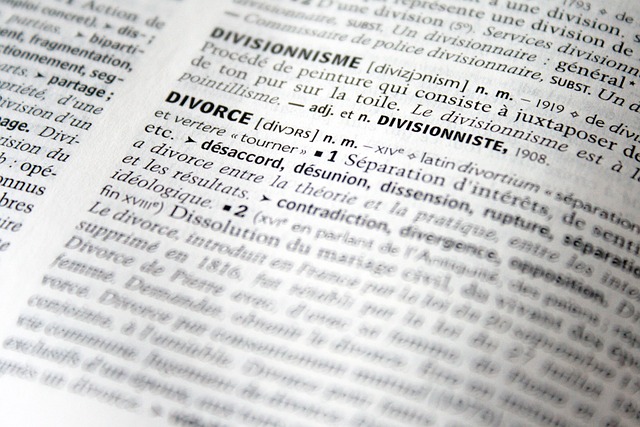Securities class actions empower investors to fight securities fraud through legal action, aiming for fair resolutions with significant financial recoveries. Plea bargaining is a key strategy, allowing defendants to acknowledge liability and avoid harsher outcomes. Ethical Considerations in Plea Bargaining Agreements are crucial to balance accountability with fairness, protecting stakeholders and maintaining market integrity. In today's complex financial landscape, these considerations ensure transparency, safeguard investor rights, and promote enhanced corporate governance, deterring future misconduct.
Securities class actions play a pivotal role in safeguarding investor rights, especially in cases of fraud or misconduct. This comprehensive article delves into the intricate legal framework surrounding these actions, focusing on key aspects such as understanding the process, negotiating plea bargains, and addressing ethical considerations in agreements. We explore challenges and highlight strategies to enhance transparency, ensuring investors receive justice while navigating complex financial landscapes. By examining these critical elements, we aim to shed light on the ongoing efforts to protect investor rights.
- Understanding Securities Class Actions: A Legal Framework
- The Role of Plea Bargaining in Resolution
- Ethical Dilemmas and Challenges in Agreements
- Enhancing Transparency and Protecting Investor Rights
Understanding Securities Class Actions: A Legal Framework

Securities Class Actions involve a group of investors joining forces to take legal action against entities responsible for securities fraud or misconduct. This collective approach aims to provide a fair and efficient resolution for all affected parties, often resulting in significant financial recoveries. The legal framework underpinning these actions is intricate, balancing the rights of investors with the need for fairness and justice.
Key to this framework are Ethical Considerations in Plea Bargaining Agreements, particularly in cases involving white collar and economic crimes. As these agreements can have profound implications, they must be meticulously crafted to ensure transparency and protect the interests of all stakeholders. The involvement of both the philanthropic and political communities plays a crucial role in shaping these agreements, reflecting a collective responsibility to uphold ethical standards and deliver justice while mitigating potential biases or conflicts of interest. Jury trials remain a vital component, providing a check on executive power and ensuring that decisions are made by a diverse group representing the broader public interest.
The Role of Plea Bargaining in Resolution

In securities class action lawsuits, plea bargaining plays a significant role in reaching resolutions. This strategy involves negotiating agreements where defendants, often corporations or individuals, acknowledge liability and agree to specific penalties or reforms to avoid more severe consequences like indictment or winning challenging defense verdicts. Ethical considerations in plea bargaining agreements are paramount; the process must balance the need for accountability with fairness and justice for all stakeholders.
When implemented responsibly, plea bargaining can expedite the legal process, saving time and resources for both plaintiffs and defendants. It also allows for more companies to avoid indictment, promoting a path towards reform rather than solely punishment. The key lies in ensuring these agreements address harm caused to investors while considering the broader economic impact on corporate and individual clients, fostering a fair and effective resolution that contributes to market integrity.
Ethical Dilemmas and Challenges in Agreements

In the complex landscape of securities litigation, Ethical Considerations in Plea Bargaining Agreements present a delicate balance. As attorneys navigate all stages of the investigative and enforcement process, they must prioritize their duties to both clients and the broader public interest. This involves striking a fine line between securing favorable outcomes for his clients while upholding the integrity of the legal system, especially when dealing with white collar and economic crimes.
The challenges arise from the inherent tension between encouraging cooperation through plea agreements and ensuring that such agreements do not undermine the accountability and deterrence goals of securities class actions. Ethical dilemmas surface when negotiating terms that could potentially benefit individual clients at the expense of collective justice. Balancing these complexities demands meticulous attention to detail, transparent communication, and a steadfast commitment to ethical conduct throughout the process.
Enhancing Transparency and Protecting Investor Rights

In today’s complex financial landscape, enhancing transparency and protecting investor rights are paramount. Securities class actions play a pivotal role in this regard, serving as a mechanism to hold corporations and individuals accountable for fraudulent or misleading activities that negatively impact investors. By fostering greater transparency, these legal actions ensure that companies adhere to ethical standards and disclose material information accurately. This is particularly crucial in high-stakes cases where the respective business practices can have far-reaching consequences across the country.
The process involves meticulous examination of plea bargaining agreements, which are often at the heart of complex financial scandals. Ethical considerations in these agreements are essential to maintaining investor confidence. By scrutinizing terms and conditions, class action lawsuits aim to prevent unfair settlements that might compromise the rights of individual investors. This proactive approach not only safeguards the interests of those affected but also sets a precedent for enhanced corporate governance, deterring future misconduct in the process.
Securities class actions play a crucial role in enhancing transparency and protecting investor rights. By navigating the complex legal framework, addressing ethical considerations in plea bargaining agreements, and overcoming challenges, we can ensure that these cases serve as effective mechanisms for holding wrongdoers accountable and compensating harmed investors. This holistic approach fosters trust in financial markets and promotes fair practices, ultimately strengthening the investor protection ecosystem.






